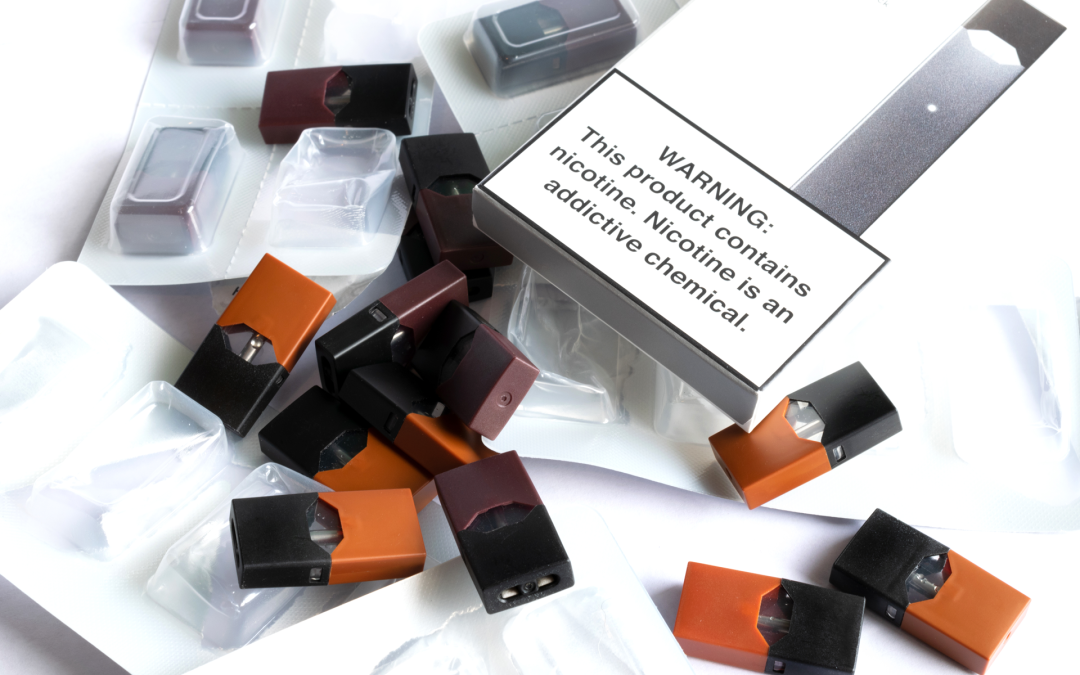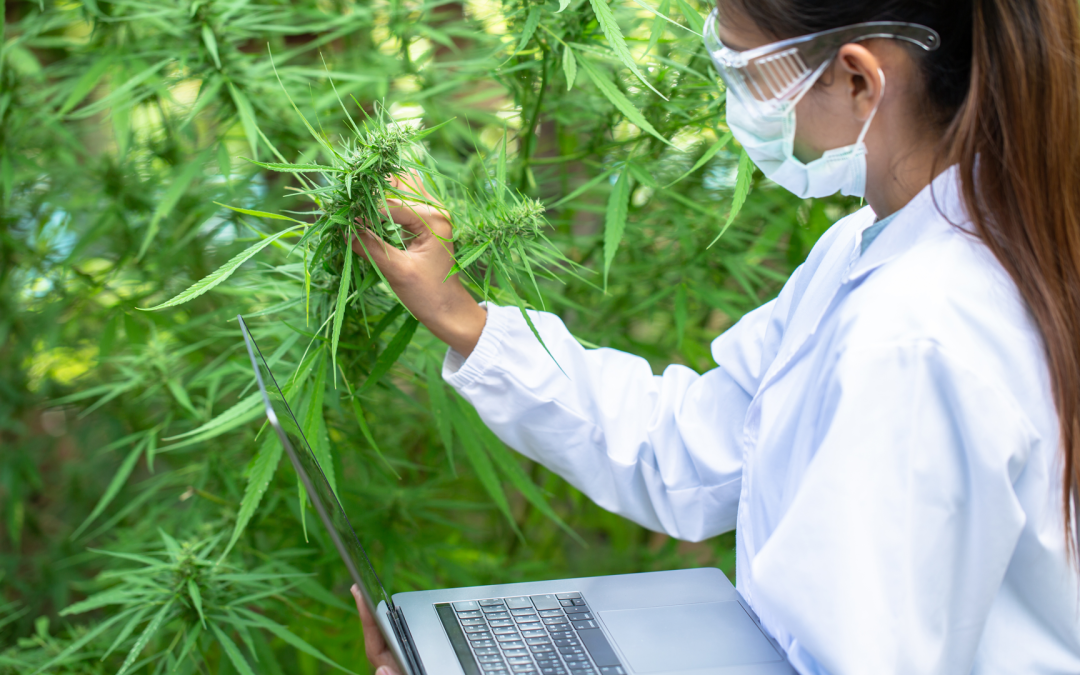When looking for a lab partner to support your cannabis business, you’ll want to consider their certifications and accreditations. Distinctions like GMP Certified and ISO Accredited formally recognize that a laboratory is capable of completing a specific test, consistently and accurately. Therefore assuring that your laboratory is capable of providing quality and informed results reported, without bias.
For a nascent industry like cannabis, trust plays a monumental role in the way companies chart their course towards success or failure. With very little track-record to draw from, cannabis producers have to invest enormous amounts of trust into all the partnerships they develop when taking their products to market. From growers to distributors, marketing execs to retailers, producers have to have faith that their support systems hold up while they find their niche in the marketplace.
As with any product or service, quality ultimately wins the day. Today’s consumers are super-savvy at separating the wheat from the chaff, either through their own valuations or by reading online testimonials and reviews. Poor performers are quickly identified, discarded and forgotten like yesterday’s news.
Fortunately, the cannabis industry has a few mechanisms in place to help support trust in product quality and performance. In the laboratory testing domain, top labs operate under a variety of official certifications that confirm their testing methods meet the highest standards in consistency and accuracy.
Licenced cannabis producers will undoubtedly be familiar with the acronym GPP, or Good Production Practices, for providing benchmark standards. Top laboratories have their own set of acronym-driven standards to operate under: ISO/IEC 17025:2017 (International Organization for Standardization) and GMP (Good Manufacturing Practices).
Both these certification systems ensure the lab has appropriate procedures and policies in place to help producers meet the basic requirements of the GPP. They also provide assurance that the lab has appropriate processes in place to guide testing, review data, maintain equipment and facilities, investigate suspect results, manage changes and deviations, take corrective actions and preventive actions, and perform analyst training. Under these quality systems, the lab can also provide traceability of the result back to who collected the data, when the data was collected, and which instrument was used to collect the data.
What’s the difference between ISO, GPP & GMP?
While there are some similarities between these two distinctions, it’s important to consider how each of them impacts your product development and quality assurance requirements. So what’s the difference between ISO-17025 and GMP? And is it important that your lab partner has both accreditations? Before we answer those questions, let’s first understand what each standard represents.
ISO Accreditation shows that a laboratory adheres to a set of industry standards. These standards are specific to a particular test and, often, the sample matrix. For cannabis testing, the laboratory must have ISO accreditation for analyzing cannabinoids in cannabis products. The process of accreditation involves demonstrating the method is validated for the sample matrix, successfully completing a laboratory audit and demonstrating proficiency in their testing program.
GMP Certification is a more holistic approach to managing laboratory operations. Under GMP, the laboratory must institute procedures and policies, also referred to as quality systems. Staff must follow these quality systems to ensure that all data produced by the lab meet a minimum standard. A lab operating under GMP will have procedures in place that control every aspect of the testing process from sample receipt to final data review and issuance of a certificate of analysis.
While it is tempting to compare and contrast ISO and GMP, this exercise only confuses the two. In a nutshell, ISO Accreditation is a standard set forth by the industry for a particular test, while GMP Certification is an overarching collection of procedures and policies that ensures all data collected in the laboratory meets a minimum standard, which is set by Health Canada.
Where do quality systems intersect with accreditations?
A quality system is a collection of procedures and policies that state how activities are to be performed in the laboratory. There are several key quality systems a GMP Certified laboratory must have:
- Quality Unit: The definition of a quality control and quality assurance unit, and their roles and responsibilities.
- Quality: A collection of test methods and procedures that verify the laboratory’s capability to accurately execute test procedures.
- Facilities and Maintenance: A collection of procedures that ensure the instruments and equipment are properly maintained and kept in good working order.
- Change and Deviation Management: Procedures and practices that ensure changes and deviations from written procedures are adequately documented and approved.
- Corrective Actions Preventive Actions: Documented assessments of failures in the lab and the evaluation of how to correct the immediate problem, and how to prevent the problem from occurring again.
- Laboratory Controls: Procedures that govern how the laboratory uses checks and balances to ensure the quality of the data generated.
Collectively, these systems ensure that all tests performed in the laboratory meet a minimum standard and the results obtained will be accurate and correct.
A word to the wise...
Regulatory agencies such as Health Canada and the FDA do not certify laboratories; they only inspect them. Be wary of any lab that claims to be “Health Canada Certified or Approved”, as these designations are not given by Health Canada.
So when looking for a lab partner to support your cannabis business, do you want them to be ISO Accredited or GMP Certified? The answer depends on your needs and preference. Under Canada’s GPP, there are no regulatory requirements for the standardized testing of cannabis products. The only requirement is that the methods used be validated.
Both ISO and GMP use methods that need to be validated, so either one is equally suited to your needs. However, not all testing required by Health Canada is currently available for accreditation under ISO.
Accreditation equals quality and trust
Accreditation formally recognizes that a laboratory is capable of completing a specific test, consistently and accurately. It therefore amplifies the trust a cannabis producer can invest in a particular laboratory to provide quality and informed results reported without bias. Because accreditation requires official, audited certification through a third party, accreditation provides that additional layer of assurance that the reported results are true and honest.
In the end, you can never have too much of a good thing, and working with a dual ISO Accredited and GMP Certified lab partner is definitely a good thing. Such an arrangement provides the best possible risk mitigation strategy, and ensures there are strong underlying quality systems in place to catch and document any changes or deviations that occur during testing.



